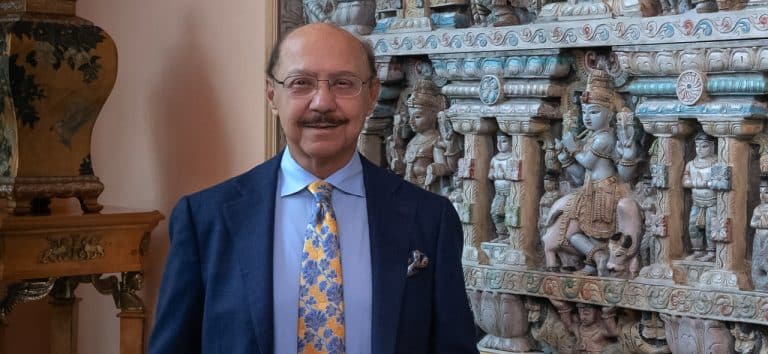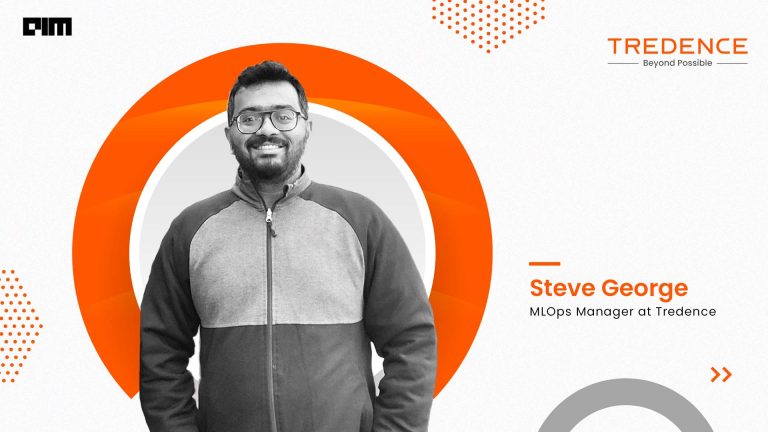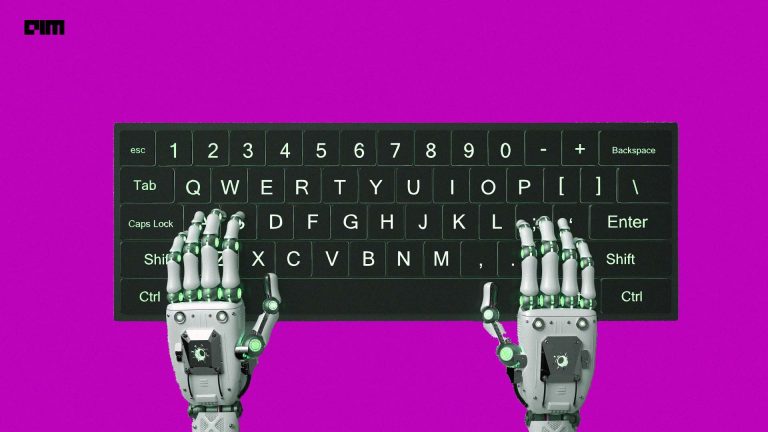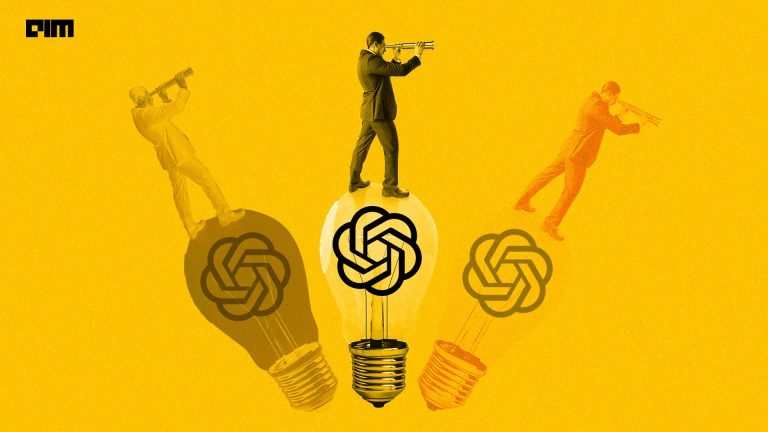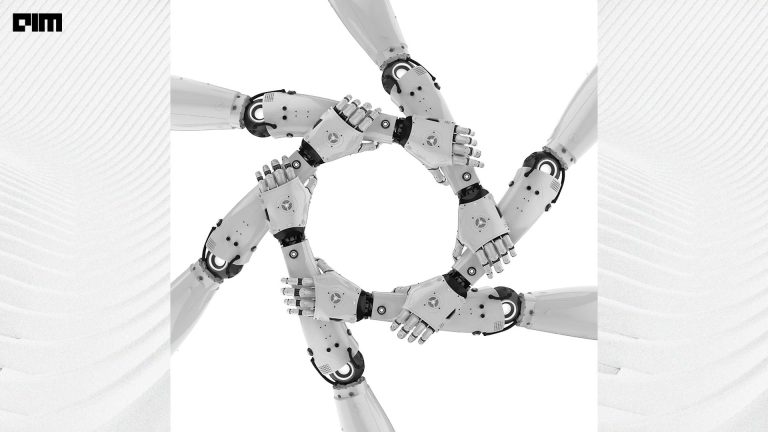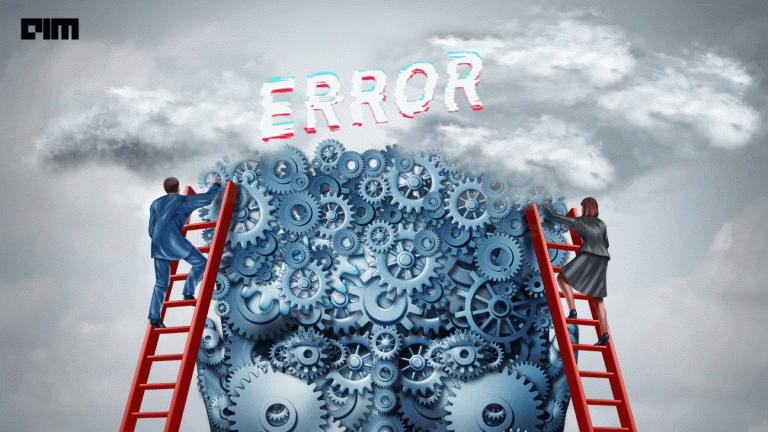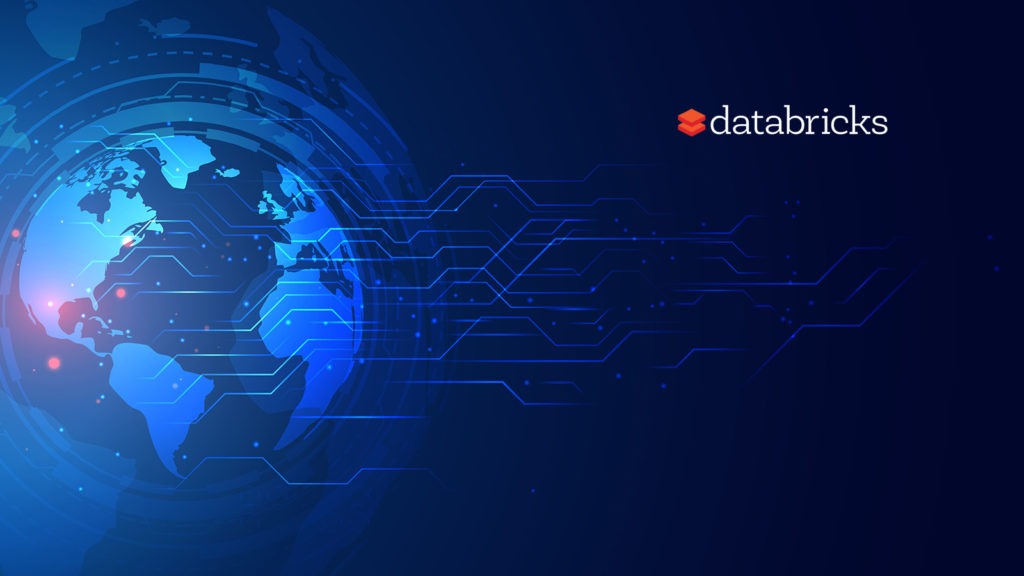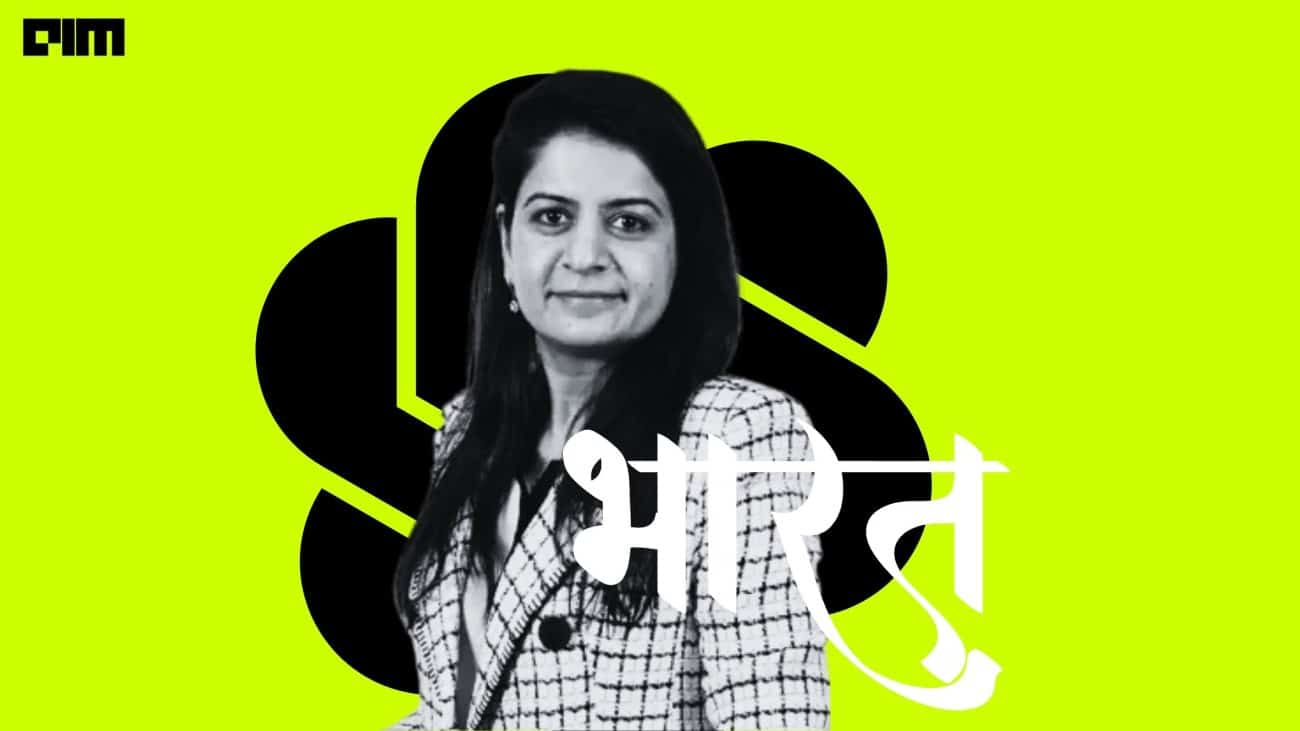The Ministry for Higher Education of Karnataka will start a programme to convert 150 government industrial training institutes (ITIs) into ‘Technology Hubs’ along with Tata Technologies Limited (TTL). Rs 30 crore will be spent on each ITI for which the government has invested Rs 1,000 crore, and the rest Rs 4,000 crore will be borne by TTL.
What it includes
To keep up with ‘Industry 4.0’, there will be 11 long term and 23 short term courses. These include Innovation and Design Thinking, Process Control and Automation, Product Verification and Analysis, Internet of Things (IoT), Industrial Robotics, and Fundamentals of Product Design. The investment will be spent in procuring equipment, including 3D printing machines, industrial robotics, and advanced software. To add expertise, the government plans to deploy 300 subject matter experts in the initial two years, followed by hiring 150 subject matter experts to help the ITI staff explore and understand new technology areas.
The State has a total of 1,200 ITIs, out of which only 270 are run by the government. This whole programme is expected to benefit over one lakh students. With some form of digital transformation happening at almost every company across the industry, such a high number is considered progressive and can bridge the gap between vacancies and unemployment.
Tech-Talent Shortage
Globally, there is a shortage of tech talent. According to a report by Korn Ferry, more than 85 million jobs could go vacant by 2030 as there aren’t enough skilled people to take them. According to Gartner too, the talent shortage is a significant barrier to the adoption of emerging technologies. IT executives believe that it is as high as 64 per cent.
At par with Global Efforts
It is not just Karnataka; governments are making efforts throughout the world to educate middle-school children about technologies and train them so that they can contribute to the economy and development. For example, the Japanese government launched the GIGA School Program in 2018 to ensure that students in the ICT era will learn the required skills. In Europe, Germany has introduced coding for high school students. In Great Britain too, pupils are learning how to program, and Denmark and Estonia are considering the same.
India is not behind. This year, CBSE and Microsoft introduced data science for students for classes 8-12 and coding for classes 6-8 as new skilling subjects.
There surely are courses by engineering colleges and even EdTech companies that help candidates acquire the skills, but introducing such courses at the senior secondary school level completely changes the game. In fact, some countries are promoting children as young as six years to learn to code.
Wrapping up
Karnataka has been the pioneer when it comes to IT in India. The state was one of the first ones to launch its IT Policy in 1997, and the capital – Bengaluru – has grown to be the fourth largest technology cluster in the world. ITI courses after class 10, known for their vocational nature, are preferred by many and especially the low-income groups, as these courses are job-oriented and convert in monetary gains immediately as they end. The new courses that are awaiting approval from the Directorate General of Training (DGT), Government of India will add a lot to the digital force. The engineering background courses at ITI mostly cover the basics of traditional civil, mechanical and electrical engineering, but the new additions will also make these courses more tempting.
An inclusive move like this by the government might prove to be the solution to the technology talent shortage. The demand for digitally skilled professionals is going to increase as the number of companies requiring digital skills is estimated to increase by nine times by 2025.





